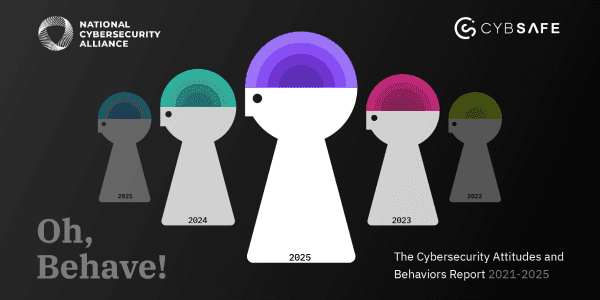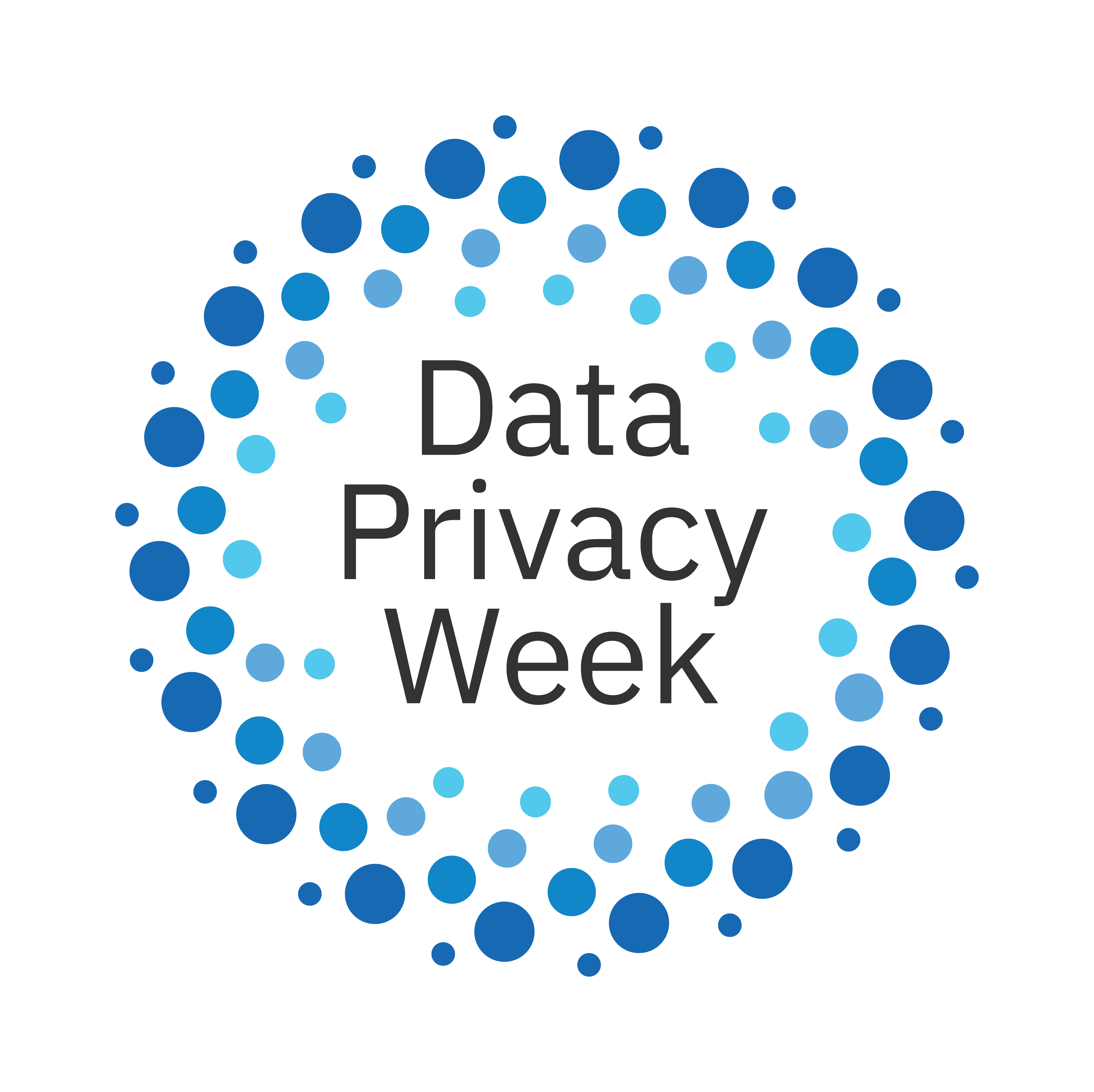Press
— Communiqés
Nov 13, 2018
|
Min Read
Cheers to Safe Cybershopping!
NCSA shares top tips to help keep you more cyber secure during the most wonderful time of the year

WASHINGTON, D.C., November 13, 2018 ‒ In preparation for the holidays, consumers young and old are going online to research and purchase gifts. In the U.S. alone, shoppers are expected to spend $151 billion online this holiday season, up 14 percent from $133 billion in 2017. Black Friday (Nov. 23) and Cyber Monday (Nov. 26) are predicted to be the two busiest internet-inspired shopping days – generating close to a fifth (18%) of the season’s revenue. In addition, sales will soar on mobile devices – accounting for an estimated 68 percent of e-commerce traffic. With so much holiday shopping taking place on connected devices, the National Cyber Security Alliance (NCSA) conducted new research to gauge Americans’ gift giving plans, the confidence level into the security of their devices and other cyber habits. Some key findings include:
More than a third of respondents (34%) plan to purchase internet-connected devices this holiday.
Only 25 percent of respondents were “completely confident” that their devices, like their desktop computer, laptop or notebook, are free from viruses and malware.
Eighty percent of respondents state that they think it is “somewhat to very important” to keep systems and software up-to-date on their devices.
When addressing how likely they are to keep systems and software up-to-date within the next month, 75 percent answered that they were “somewhat to very likely” to do so.
During peak online periods, everyone needs to be extra careful and safeguard themselves against scammers, hackers and cybercriminals – who are actively on the hunt. It is critical to be aware of which simple, actionable steps to take to help protect highly personal data like credit card numbers and friends and family’s addresses. Interestingly, nearly two thirds (60%) of consumers indicated that they prefer to receive information about online safety from “trusted websites.” With that said, the timing could not be more purr-fect: NCSA, Intel and Microsoft recently teamed up to launch a fun, clever campaign – starring cats – to remind the connected public about the importance of keeping systems and software up to date. Update Cat (and his feline friends) will remind Americans to take computer updates seriously and #UpdateMeow to help protect their digital lives and enjoy the many benefits of the internet – including hassle-free shopping – with more confidence and peace of mind.
“Many shoppers will also be purchasing new computers as part of the year-end holiday buying frenzy. Once you get the perfect PC, it’s important to keep your PC up-to-date so it is better protected,” said Audrey Plonk, senior director of Public Policy, Intel Corporation. “Intel is working with the National Cyber Security Alliance and Microsoft to remind desktop and laptop computer owners of the importance of updating their systems when notified from their system manufacturer or operating system vendor. Having the latest system updates, security software, web browser and operating system is one of the best ways to help keep devices secure, protect data and deliver an amazing computing experience.”
“We often are asked what simple steps folks can take to help themselves and their families stay safer and more secure online. Keeping software current is always at the top of the list,” said Russ Schrader, executive director for NCSA. “As the shopping season kicks into full gear, we remind everyone to ‘keep clean machines’ and ensure that all their software and systems are updated.”
NCSA’s Top Cyber Safe Shopping Tips
Join Update Cat and his feline friends and #UpdateMeow: Before going on the prowl for that gotta-get gift, help protect all web-connected devices with the latest updates for your security software, web browser and operating system.
Lock down your login: One of the most critical things you can do in preparation for the online shopping season is to fortify your online accounts by enabling the strongest authentication tools available, such as a unique one-time code through an app on your mobile device. Your usernames and passwords are not enough to protect key accounts like email, banking and social media.
When in doubt, throw it out: When everyone is busy and preoccupied with friends, festivities and holiday fanfare, links in emails, posts and texts are often the ways cybercriminals try to steal your information or infect your devices.
For additional information, please visit stagestaysafe.wpengine.com/updatemeow/
Join #ChatSTC Twitter Chat
Cheers to Safe Cybershopping! Wednesday, Nov. 14, 2018, 3 p.m. EST/noon PST Learn how to protect yourself during the busy online shopping season. This #ChatSTC Twitter chat will discuss some simple, actionable tips to help keep you more cyber secure during the most wonderful time of the year. Use #ChatSTC to join! About the National Cyber Security Alliance NCSA is the nation’s leading nonprofit, public-private partnership promoting cybersecurity and privacy education and awareness. NCSA works with a broad array of stakeholders in government, industry and civil society. NCSA’s primary partners are DHS and NCSA’s Board of Directors, which includes representatives from ADP; AT&T Services Inc.; Bank of America; CDK Global, LLC; CertNexus; Cisco; Cofense; Comcast Corporation; ESET North America; Facebook; Google; Intel Corporation; Marriott International; Mastercard; Microsoft Corporation; Mimecast; NXP Semiconductors; Raytheon; Salesforce; Symantec Corporation; Visa and Wells Fargo. NCSA’s core efforts include National Cyber Security Awareness Month (October); Data Privacy Day (Jan. 28); STOP. THINK. CONNECT.™, the global online safety awareness and education campaign co-founded by NCSA and the Anti-Phishing Working Group with federal government leadership from DHS; and CyberSecure My Business™, which offers webinars, web resources and workshops to help businesses be resistant to and resilient from cyberattacks. For more information on NCSA, please visit stagestaysafe.wpengine.com/about-us/overview/.
About Update Cat
Intel is teaming up with the National Cyber Security Association (NCSA) and Microsoft to launch a nationwide, coordinated effort to help remind desktop and notebook users about the importance of keeping systems and software up-to-date. The message is simple: when users receive an update notification from their device manufacturer or operating system vendor, they should verify the source and apply the update. It’s one of the easiest ways to help keep devices secure. Use #UpdateMeow to share in your social channels why you keep your systems updated. Together, we can make our interconnected world more safe and secure. Media Contact Jessica Beffa
720-413-4938


